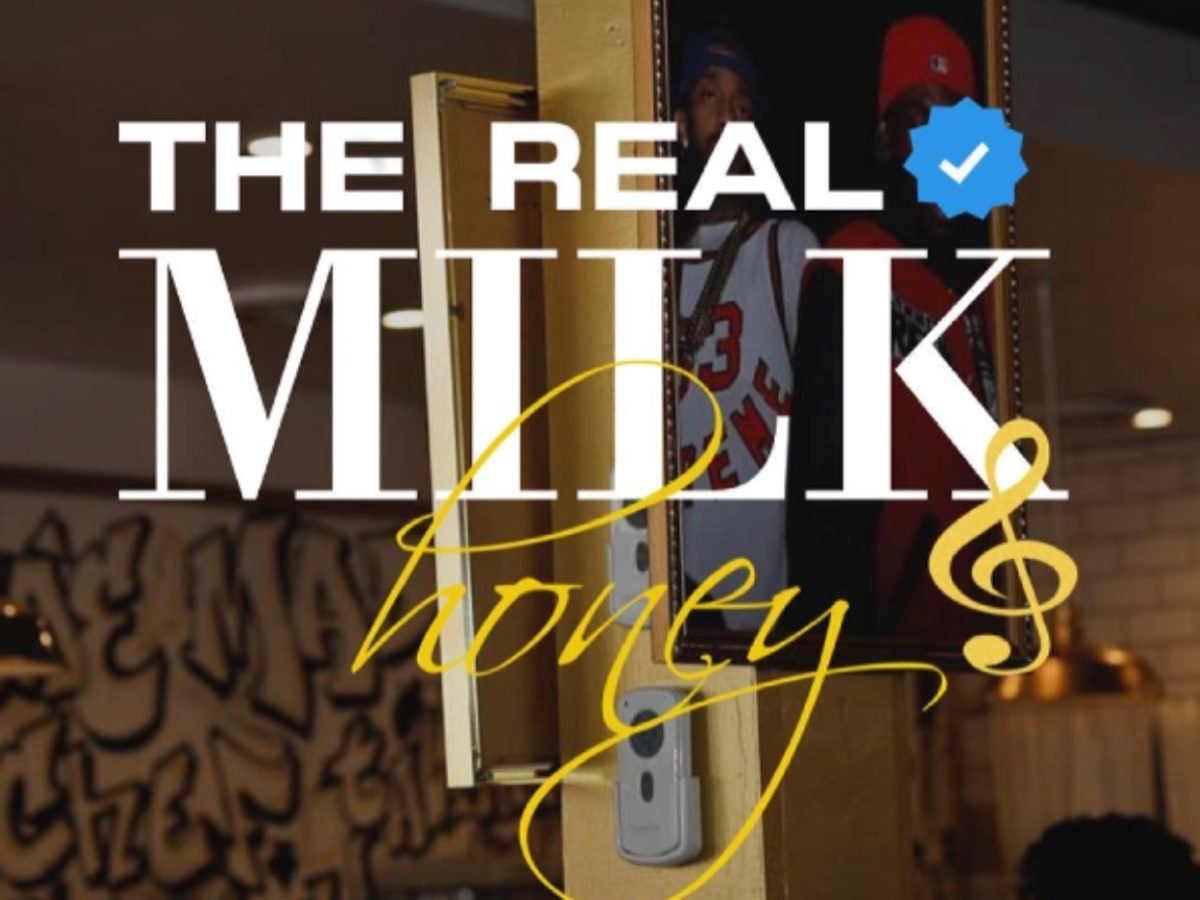
The Atlanta culinary scene is in shambles with the sudden arrival of TikTok foodie Keith Lee. The famed food reviewer and mixed martial artist hiked through the Black mecca to try some of city’s restaurants and was displeased with the service, or lack thereof, he found at both The Real Milk and Honey and Kandi Burruss’s Old Lady Gang.
Lee posted videos that accused both restaurants of insisting his family members be subject to extremely long wait times and disorganized instructions. He claimed that when he entered the establishment, employees attempted to seat him right away because they knew he is a prominent food critic. He refused to accept immediate service.
Social media cackled with delight at Lee exposed the craters embedded in the business practices of the city’s restaurants. They noted that the comments he made echoed the long-standing complaints many had about ATL’s eateries. The consensus was that the city’s Black entrepreneurs cared more about clout chasing than customer service and refused to treat anyone who was not a celebrity with the respect due to a paying customer.
In my opinion, these complaints are valid, but this is not just an Atlanta problem or a Black-owned business problem. This is what dining has become in 2023.
From South Beach to Los Angeles to Edgewater, Instagrammable restaurants are attempting to make even a stack of pancakes sparkler-worthy to make the insane profits needed to survive in this economy. They have private rooms and provide special treatments for celebrities and influencers. This has gone on forever! A new HBO documentary shows what the power of celebrity did for a fledgling Mr. Chow, and that business model has not changed with the invention of the iPhone.
Patrons with clout are what bring other customers to plenty of restaurants. They are what is good for business. Everyone is watching the same TikToks and following the same influencers, and they all want to try that boozy milkshake that IG baddie they’ve been following since the Vine era posted on their story.
Even established brands are hopping on the trend of the aesthetically pleasing restaurant. There has been a rise in designer cafes popping up on Fifth Avenue, in the Miami Design District, and other places. They, too, have outrageous wait times and unreasonable rules. But instead of chastising them on social media, people post their heftily priced steaks and logo-branded lattes with pride.
These places require reservations that they don’t always honor. They hold celebrities in private rooms and make patrons wait for them to finish dining in every major city. Yet, the “regular people” who complain about how Black restaurateurs treat them can’t wait to stand in line to snap a picture beside a neon sign a Kardashian or Jenner was snapped walking past.
Some restaurants do not even allow patrons to take pictures to preserve the exclusivity of their establishment, and instead of leaving, some guests still sneak videos and sing their praises on social media just the same. Somehow, I have never seen a post about a Black restaurant with this policy.
The same real estate game that is shutting out would-be homeowners is impacting business owners. They are doing what they can to set themselves apart and bring in profits, and sometimes, in that process, they mess up. It is difficult to stand out, so they are trying to use methods that are clubifying the dining experience. The end result is that they are bringing in droves of customers, all arriving for Sunday brunch or Wednesday happy hour, only to be disappointed at the swollen crowds and inconsistent service.
They are owned by people of all races, but somehow, the Black businesses draw the most ire on social media. People begrudge owners and claim they are only looking for “boss status” and are not interested in building a sustainable business. Some spouting these critiques seem less mad about the way that they are being treated and more about the fact that other Black people are treating them in such a way.
I visited The Real Milk and Honey on a recent trip to Atlanta to cover a hair show. I walked in with no reservation, and I was treated with grace, kindness, and respect. I enjoyed my generous helping of fried fish and the creamed spinach that was almost as good as my Aunt Paula’s.
The meal and cocktails were so impressive that I returned on the same trip to have brunch, and while there was a bit of a wait, I was still met with a sweet server and stellar food. And if you check out their Instagram page, there are many people who rave about the food and the ambiance. With that said, perhaps neither my experience nor Lee’s was indicative of the average service. There is a reason Michelin reviewers visit restaurants more than one time before sharing their critiques.
Black businesses are not permitted to have an off day, and it is not fair. I am not an Atlanta native, but I am no stranger to a hookah-filled dining room full of slightly overpriced appetizers, and I know that they are owned by all types of people, so they should all be responded to the same.
No one should have to spend their money somewhere they do not feel respected. It is okay to decide that long wait times, random fees, and poor customer service are where you draw the line. Just make sure you keep that same energy with every establishment that has these issues.